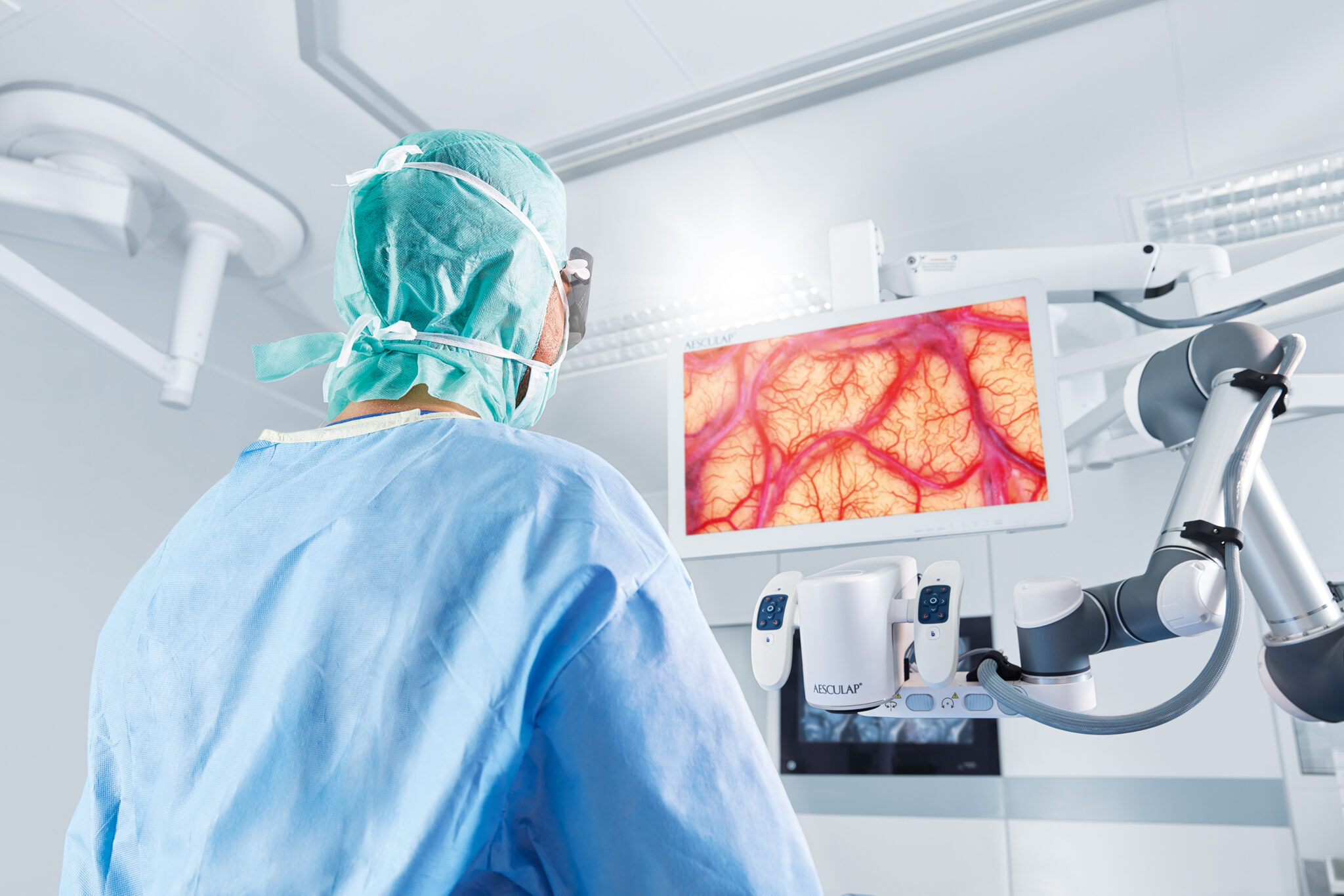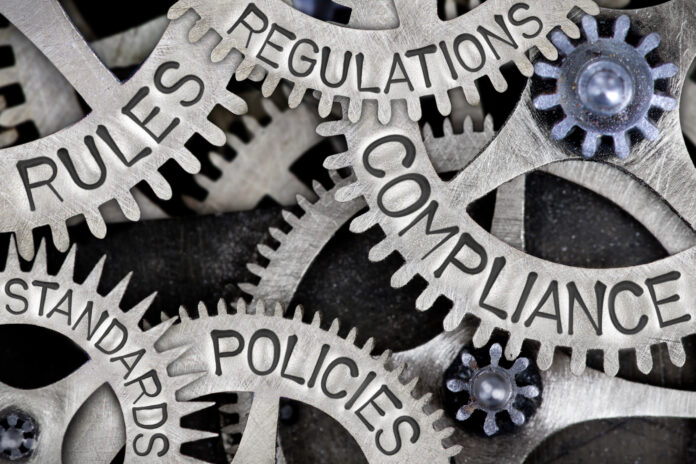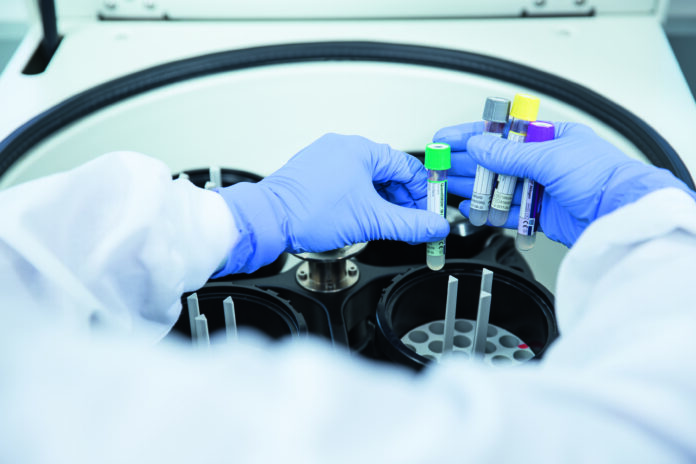
Medical devices are a wide range of products that require carefully planned and executed regulatory affairs strategy and quality assurance activities before it can be available in the marketplace. With the transition from Medical Device Directory (MDD) to Medical Device Regulation (MDR) the approach when it comes to generating the required clinical evidence have increased. RegSmart Life Sciences can not only support you in developing a clinical development strategy for your medical device, but also help you develop a cost-efficient regulatory plan and build and implement the required quality management system.
Medical Device
Initial Regulatory plan
Initial Regulatory Plan is an important strategic document that outlines your company’s approach to regulatory compliance and product approvals for your medical device. It serves as an important initial roadmap for navigating the complex regulatory landscape and ensuring that the company’s products meet the necessary requirements for market entry and ongoing compliance.
The specific contents and details of the Initial Regulatory Plan will vary depending on the nature of the medical device, target markets, and applicable regulations. Regulatory requirements may differ across countries or regions, and the plan should be tailored to the company’s unique circumstances and objectives. Additionally, regulatory plans should be regularly reviewed and updated as regulatory landscapes evolve or when new products or markets are introduced.
Medical Device

Medical Device
Business Strategy
Important decisions taken early in the business process can have a big impact on the regulatory route you need to take. This is where we really see what difference we can make for your business. These initial discussions are those that will make the biggest impact on the success of your MedTech product strategy and your business.
As soon as you start to get the regulatory pathway clear for your product idea, your business will benefit considerably from regulatory strategic discussions on different possible product claims as well as different possible market areas, in order to set your product business strategy right from the start.
By having a detailed understanding of your product concept through your inventors or product developers, and by getting the understanding of what you would like the product to do for helping the patients and users, we will guide you through the regulatory requirements and the work needed to put different possible types of your product on the market.
With this input, you will understand how to strategically plan what intended use to claim for the first as well as the coming versions of your product idea.
Medical Device
Regulatory Affairs
It is crucial to understand the regulatory requirements of your MedTech product. RegSmart Life Science help you to identify relevant considerations and succeed within regulatory affairs.
There is an important and fair reason for having regulations and standards for Medical Devices, IVD, and Combination Products. It ensures the safety of the patient or the user, and securing the device is making a real difference for the patient. Having this in mind will help your business or project grow.
Understanding the final requirements of the product from the very beginning means that you will be able to set the optimal specifications both on your product as well as on your manufacturing processes and equipment from the start. By doing so, you will for sure avoid costly design changes late in your development process.
Our advisors are experienced in both regulations and numerous standards relevant to the EU and US markets. We also have insight and experience in regulatory affairs for other geographical areas.
Medical Device

Medical Device
Quality Assurance
If Regulatory Affairs defines the external demands on your product and your company, before you are allowed to place the product on the market, Quality Assurance defines how you need to structure your operations. The Quality Management System (QMS) consists of policies, process descriptions and written procedures applicable for your Medical Device, IVD or Combination Product. Basically, it defines how you are conducting your operations. RegSmart Life Science has a holistic understanding of what parts are required, and when, during your product development journey, in order to assure you are taking the right steps in the right order for your QMS.
RegSmart Life Science has extensive understanding of the required contents of your QMS, dependent on the type of product you are developing and manufacturing. We can help you with gap analyses, establishment of procedures, instructions and templates, executing internal and supplier audits and assuring regulatory compliance after possible audit findings.
Medical Device
Clinical Investigation
Clinical investigations are clinical studies in human subjects that assess the safety and/or performance of a medical device. Prior to starting a clinical investigation, it is important to assess the scope of the investigation and whether it is needed at all. A pre-CE clinical investigation is often the cornerstone of evidence that proves your medical device is ready to enter the market. Data from the clinical investigation becomes input for your clinical evaluation. Prior to starting the clinical investigation, a Clinical Evaluation Plan (CEP) must be developed. A CEP in MDR is designed to guide manufacturers in conducting robust and systematic clinical evaluations, leading to the generation of reliable evidence supporting the safety and performance of medical devices. It is a critical component of the regulatory process and helps ensure patient safety and public health.
Medical Device

Medical Device
Post Market Surveillance
Post-market surveillance (PMS) is a regulatory requirement for continuously evaluating the safety and performance of medical devices on the market. A PMS plan is a critical document that describes PMS activities such as your post-market clinical follow-up (PMCF) methodology and activities. A PMCF collects and assesses clinical data about the safety and performance of a marketed medical device in order to update its clinical evaluation.

